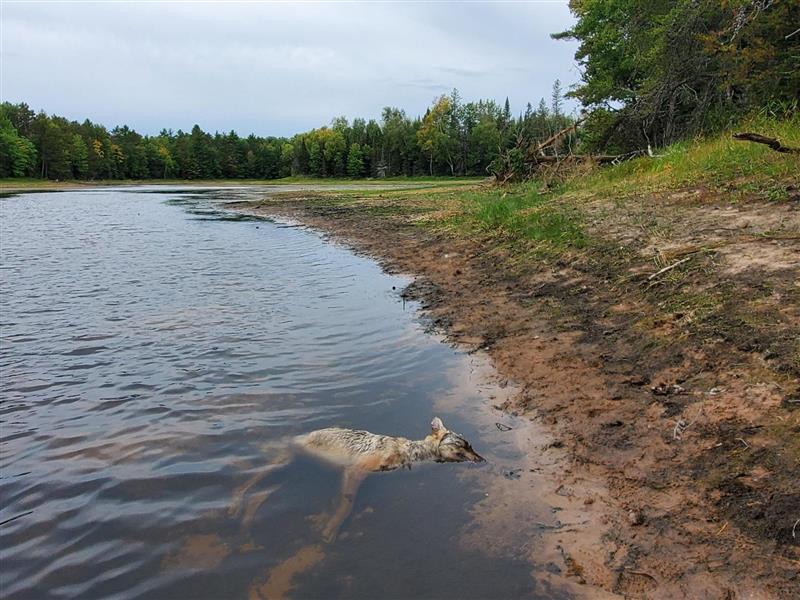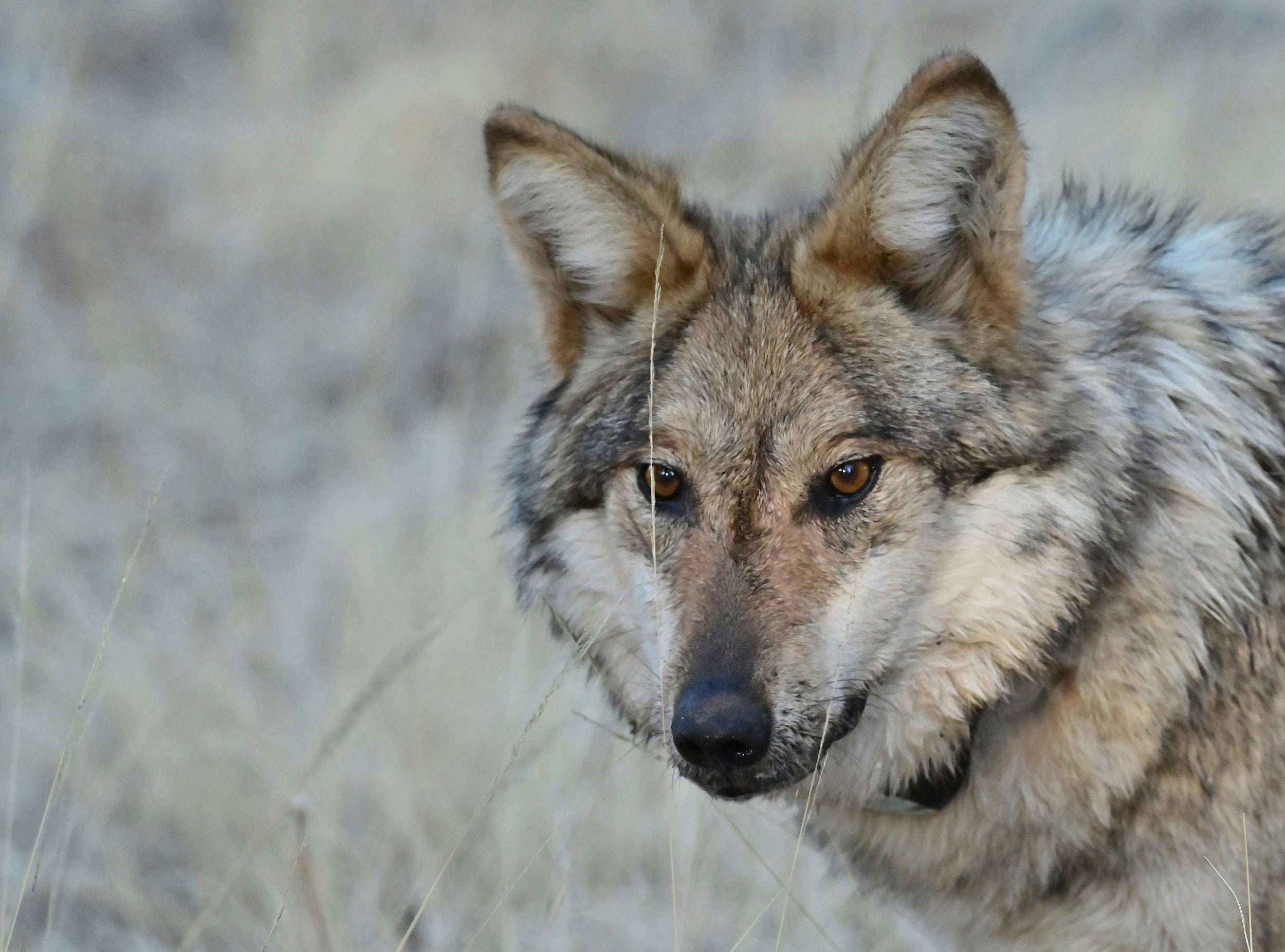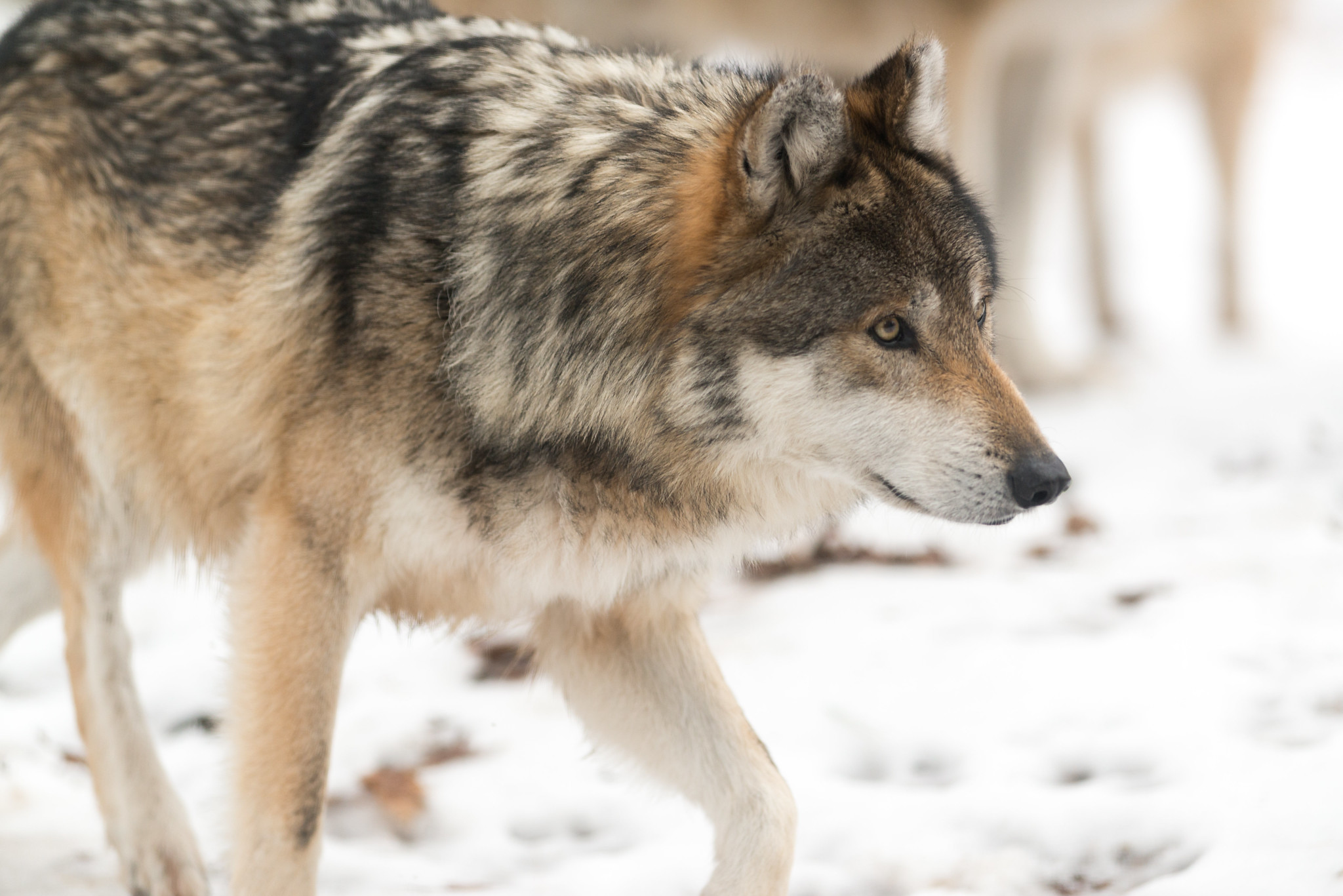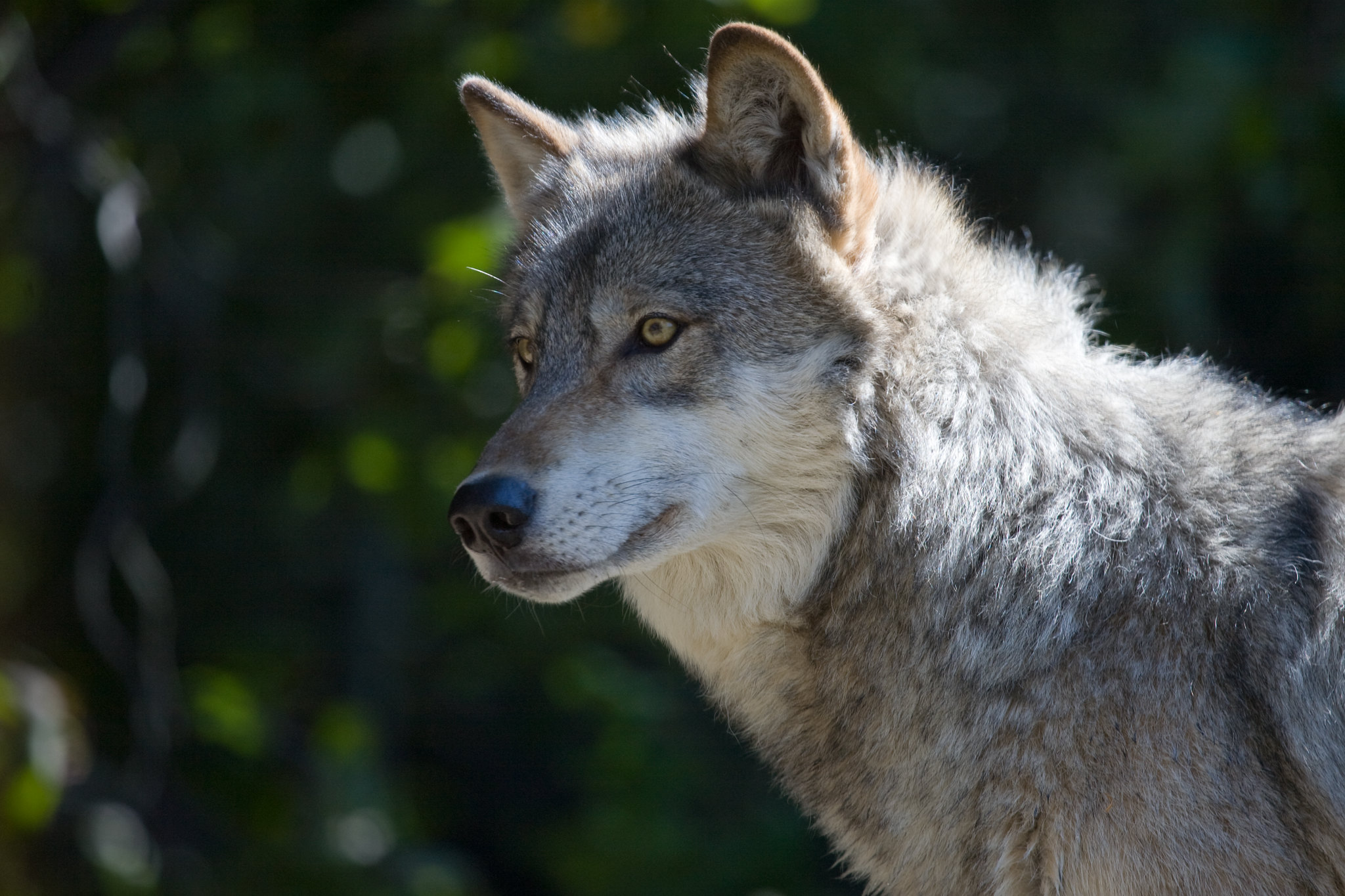A waterfowl hunter won’t face charges after killing a wolf in northern Wisconsin this fall.
Chase Melton, 19, of Sugar Camp shot and killed a wolf while duck hunting with two other teenagers on Sept. 21 in Oneida County. The Wisconsin Department of Natural Resources led an investigation into the killing.
According to DNR reports, Oneida County District Attorney Jillian Pfeifer said she believed Melton acted out of genuine fear and decided not to prosecute the case. The findings were first reported by the Milwaukee Journal Sentinel.
News with a little more humanity
WPR’s “Wisconsin Today” newsletter keeps you connected to the state you love without feeling overwhelmed. No paywall. No agenda. No corporate filter.
DNR Large Carnivore Specialist Randy Johnson said the agency also decided not to pursue charges.
“I think based on the outcome of that investigation it’s clear that their actions were deemed reasonable given the situation,” Johnson said.
It’s illegal to kill a wolf except when defending a human life while the animal is listed as an endangered species, according to the DNR.
In reports obtained by WPR, Melton told the DNR that he was duck hunting with two friends, ages 13 and 14, on the Wisconsin River in Sugar Camp. They arrived around 3:50 a.m. and set up a duck blind near the shoreline. Melton said one of the teens spotted a deer about 40 yards away just after legal shooting time at 6:15 a.m.
Melton told DNR Conservation Warden Tim Price that he stood up and locked eyes with what appeared to be a wolf.
“It was a wolf and it was coming right at us, and so I got up and I’m like yelling and right next to us 5 feet behind us there is another wolf,” Melton said in the report. “We had 3 wolves right on us and I had two younger kids with me who were freaking out. I had a wolf at 10 yards jogging at me…I had to do something, so I shot.”
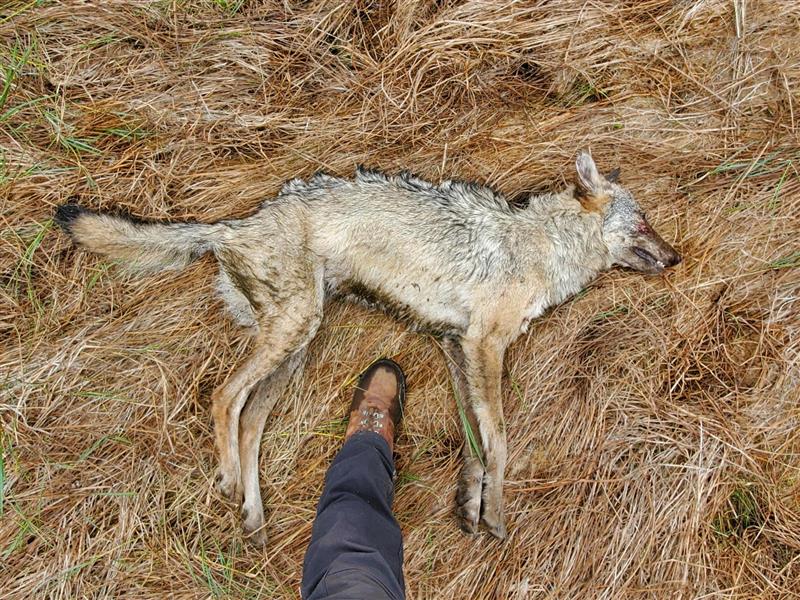
Melton said he shot the wolf to protect himself and his friends, saying he wasn’t going to let it attack them. Another wolf ran to the one that was shot, grabbed it by the neck and started dragging it toward the water where the wounded wolf later died.
Melton called his former teacher Tyler Lorenz to try to identify whether the animal was a wolf or coyote, who advised him to call the DNR and his parents. Melton and his friends continued to shoot ducks until he reported the shooting by calling the DNR hotline at 8:12 a.m.
For Johnson, he said reporting the incident in a timely fashion as opposed to waiting days says a lot about the actions of those involved, adding he believed they acted out of genuine fear and wanted to do the right thing. Even so, he characterized the incident as a close encounter with wolves rather than a wolf attack.
“That’s not to downplay what is too close for comfort, but (I) want to make the distinction that there’s nothing in the investigation that suggests or indicates that this was a predatory, aggressive attack by wolves,” Johnson said.
A witness hunting nearby told the DNR he also observed a wolf that morning between his party and Melton’s group, noting he had heard an odd wolf sound and two to three shots at the time of the incident. He said Melton was still shaking when recalling the incident to him a few hours later.
DNR says US Attorney’s Office also decided against charges
The DNR’s Lieutenant Conservation Warden Chris Bartelt signed off on the DNR’s findings. He declined to discuss specifics of the case, referring to the agency’s reports. Bartelt said the U.S. Attorney’s Office also declined to pursue charges after consulting with the U.S. Fish and Wildlife Service on the DNR’s investigation.
“All of these cases, whether we’re talking about federally protected species or something that we manage on a public level, the intent (of those involved) is always something our folks try to get to the bottom of before we make any final decisions,” Bartelt said.
Melton told Price he had no intentions of killing the wolf until the three felt scared.
The DNR received two reports this year of wolves threatening human health and safety in Washburn and Adams counties. The U.S. Fish and Wildlife Service determined that a wolf killed in Adams County earlier this year was an act of self-defense. The federal agency is still investigating an incident that occurred on Dec. 25 last year where a former DNR warden killed a wolf outside his home in Bayfield County.
According to the DNR, law enforcement conducted 15 wolf-related investigations and detected 13 wolves that were killed illegally from spring of 2023 to April of this year.
People who illegally kill an endangered species can face a maximum of one year in prison and up to a $100,000 fine. Organizations can face up to a $200,000 fine.
Beginning in the late 1800s, gray wolves were nearly hunted to extinction in Wisconsin. Only a few remained in the northern reaches of the state by the 1950s. First listed as endangered in 1974, DNR data shows the state’s population has since grown to roughly 1,000 wolves.
Wisconsin Public Radio, © Copyright 2025, Board of Regents of the University of Wisconsin System and Wisconsin Educational Communications Board.

